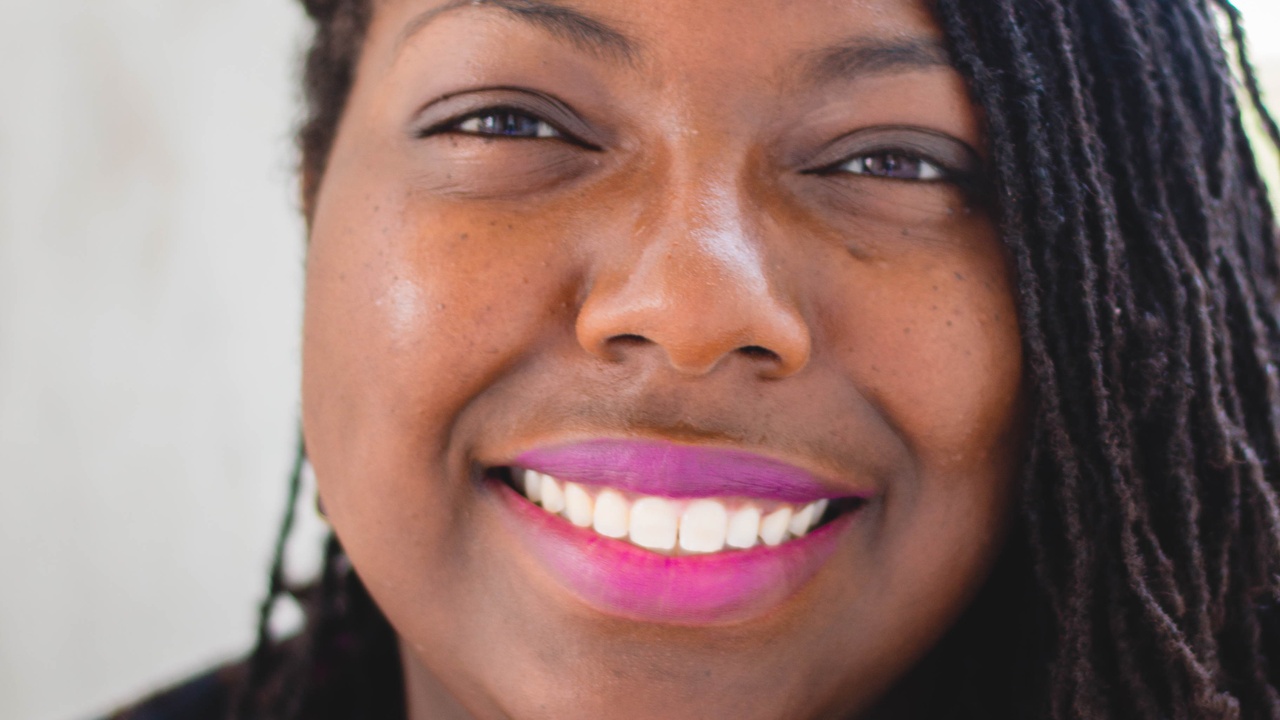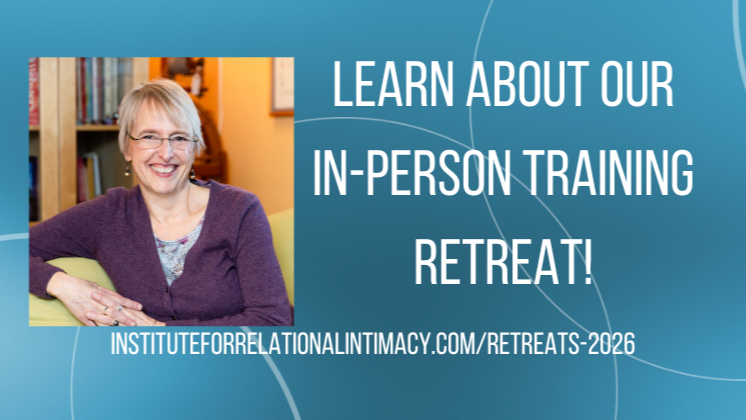3 Tips For Making Your Practice More Racially Accessible
Jul 09, 2020
This week, I’m so excited to introduce you to my first-ever guest blogger, Desirée N. Robinson, LCSW-C. Desiree is a Maryland based Psychotherapist and owner of Your Heart’s Desire Therapy & Wellness, LLC, specializing in the convergence of Intimacy, Sexuality, and Trauma; her personal mission of “creating a world of celebration and understanding” is reflected in her daily practice.
“You have to work twice as hard to get half as far.” This interesting phrase can be heard in many African American Households. It’s a common mantra parents use to prepare children for how they may be treated by the world at large when they start to find and establish their identities outside of the home – under the influence and scrutiny of others.
This phrase expresses the understanding that, at first glance, your best effort, first tries, words, affect, and demeanor are usually conceived as inferior compared to those of one’s non-black peers. This may seem like an unfair message to send to a child; however, for many parents, this is an act of safety and security – two things all children need to grow into healthy adults – in a society that views Black people of color through a eurocentric and often fear-based filter. To be seen as equal in systems that were generated out of racism takes a significant amount of navigation.
So, what does that mean for non-black clinicians or providers? The great news is that knowledge truly is power. Cultivating your awareness is the first step to creating the safety and security required in a therapeutic setting. Noticing this requires you to slow down and observe how our practice of therapy may perpetuate systemically racist concepts. Once we notice it, we change it.
Know that your client may “seem okay” …and still be struggling.
With all that is happening in the world, access to online therapy has skyrocketed significantly. I took the opportunity to find a provider, and at sessions one, two, and three, my therapist would reflect back to me “You know Desiree, I don’t think you need a therapist for this”. It was crushing. Too often Black people are not quite seen the same. It is often intimidating or admirable to be doing well. If someone seems put together, it doesn’t mean that they do not require therapeutic support; this assumption all too well demonstrates how much harder some minorities have to work to be seen.
If a client shows up in your office, they need your support. They may or may not have the words to tell you. Conversely, your words may not adequately relate to their experiences. The crucial element is your ability to see the individual before you and to consider that they came to you, looking for support. Support means taking away what you think/feel about how the client presents in an effort to learn more about why this person who “does not need help” has reached out for it. Even if someone – especially a person of color – may seem okay, know that they are struggling and are working hard to be okay in ways that cannot be measured in the hour they spend in your therapy room.
Most of the Black people of color around you may seem like they are thriving – and they are. However, like anyone else, the demeanor cultivated during formative years does not negate the hurt of navigating an unjust world. These experiences require the unconditional regard and compassionate understanding given to anyone else.
Ask about double roles and if there is an impact of oppression.
The concept of double roles (navigating between two “worlds” and having to accommodate each one adequately) is very common in today’s language and continues to evolve based on the challenging of gender roles in our society. As you inquire about gender roles, there is also an opportunity to inquire with your folks about the different facets of being a person of color in different spaces. Consider asking simple questions:
- Do you feel you have to wear a “mask” at work?
- Where do you get to just be yourself?
- Was there a difference at home with parents who were African/Jamaican/Trinidadian/Latino/Korean, etc, and at school with parents who may have been from the states?
All of these are simple questions that allow the individual to express more not only about their racial identity but about their culture and the internal mantras/schemas/rules that allow them to be okay in a system that is heavily slanted towards one perspective and one version of history.
When in doubt, appreciate!
Let’s return to the concept of having to work twice as hard only to get half as far as others around you. Whether that is in our legal system (Dylan Roof vs. Rayshard Brooks), educational system (school to prison pipeline), or in the way we view people who show up in our offices for healing and support. A small way we can all support the intergenerational healing and make our practices racially accessible is to validate and appreciate the people in front of us. Appreciate them for coming in – that took courage! Acknowledge their survival-based coping skills – that took wisdom! Validate their experiences and perspectives -that took clarity!
Racial accessibility has many different facets and takes on many forms. I want to extend you the invitation to be a world-class provider who actively works to create a new understanding of what safety and security can mean in the therapeutic setting by acknowledging the systemic stressors present in our practices and how they impact our clients. When you take this step, you are supporting someone’s hard-working inner child and inviting them to show up as equal, just the way they are.






